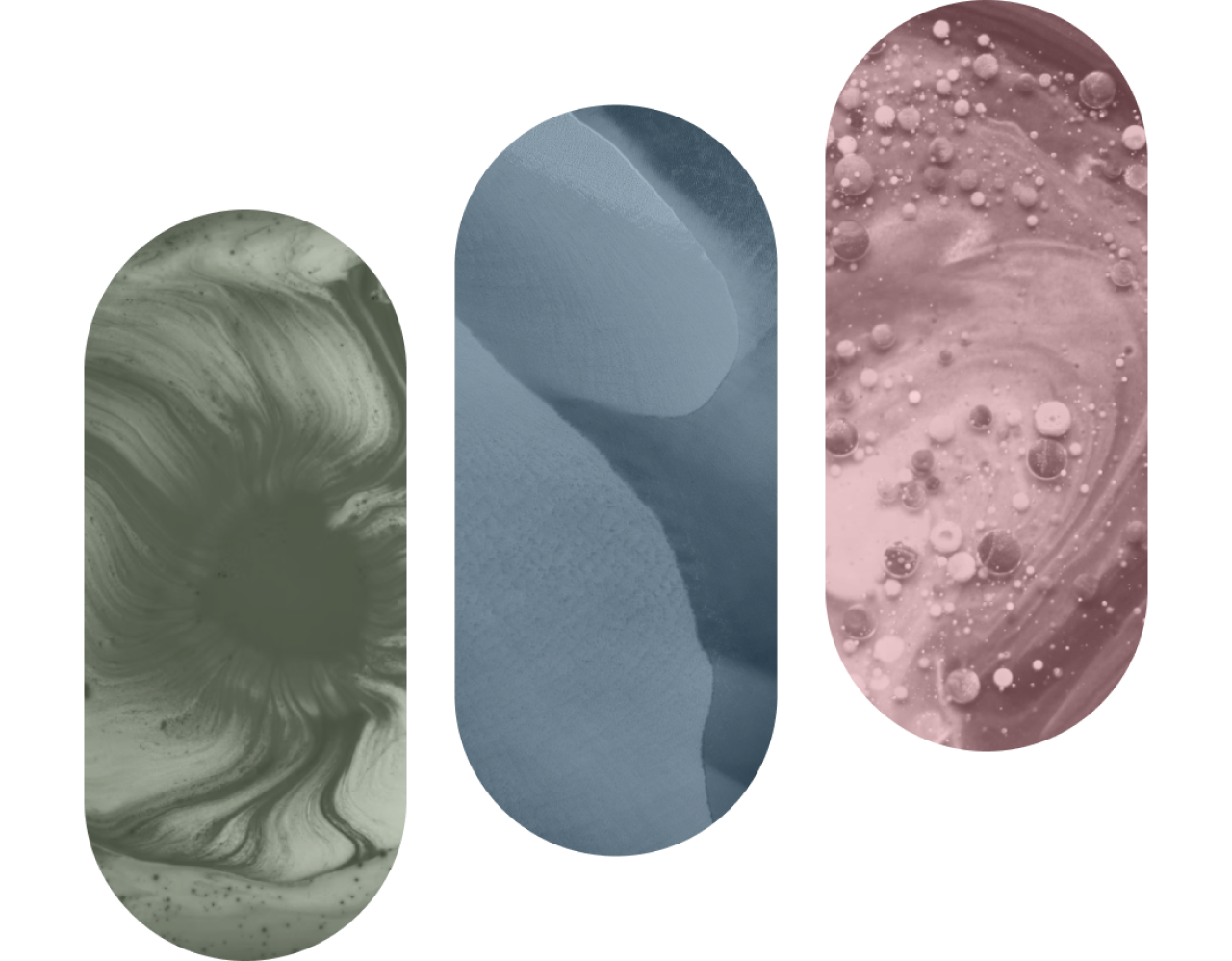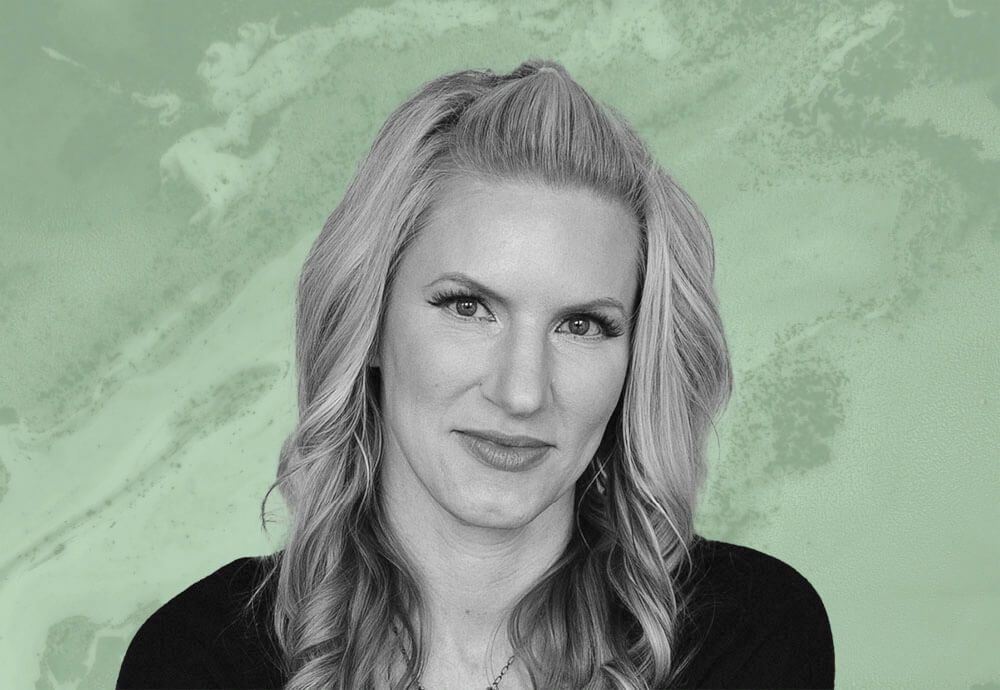
Education Hub
We’re dedicated to providing the best tools for providers to use the DUTCH Test effectively for better patient outcomes.
Popular Topics
Fundamental Resources
Below you’ll find links to all of our peer-reviewed education.
Latest Resources
PODCAST

Benefits of Being
a DUTCH Provider
- Mastering Functional Hormone Testing: access to a complete five-part online training course at your own pace
- 50% off first five kits (invalid 60 days after new provider registration)
- One-on-one clinical support
- Supportive provider onboarding
- All-new functional medicine resources
- Group mentorship sessions
- DUTCH Interpretive Guide
- DUTCH Practitioner’s Resource


